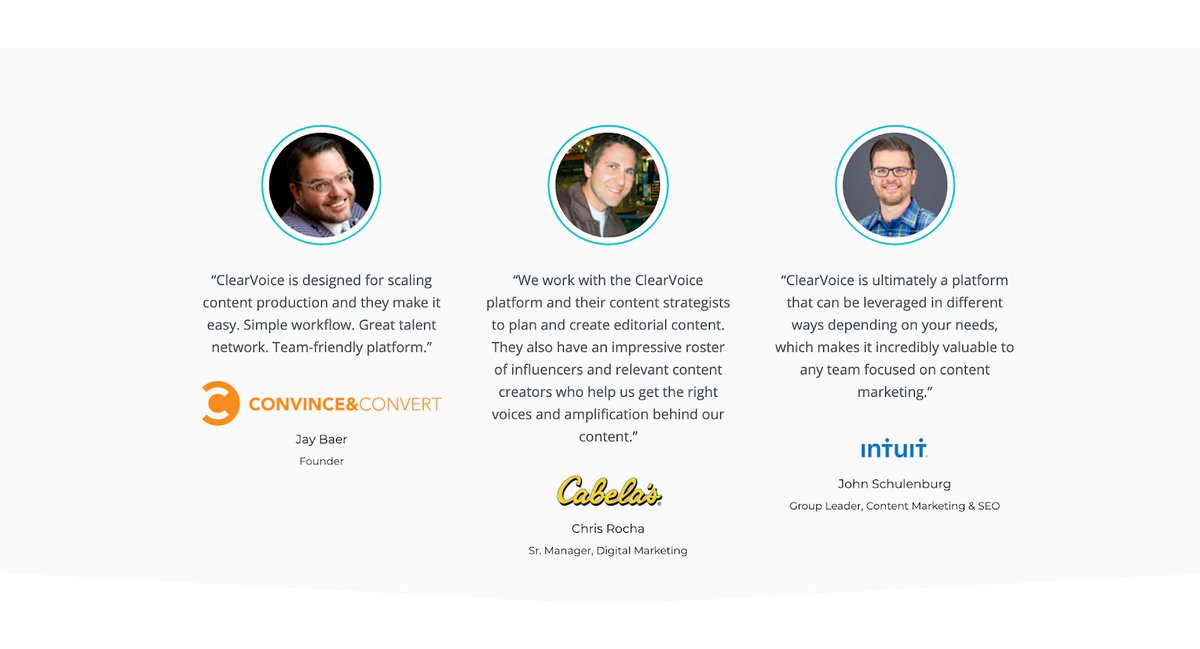I am reading and reviewing books of @SamHarrisOrg this December, with the extra time available after work. First book I read is following.



More from Book
People have wondered why I have spent 3 days mostly pushing back on this idea that "defund the police" is bad marketing.
The reason is, it's an example of this magic trick, the oldest trick in the book.
It's a competition between what I call compass statements. And it matters.
There are a lot of people who think "defund the police" is a bad slogan.
But it's a directional intention. A compass statement.
The real effect of calling it a bad slogan, whether or not intentional (but usually intentional), is to reduce a compass statement down to a slogan.
Whenever there is a real problem and a clear solution, there will be people who benefit from the problem and therefore oppose the solution in a variety of ways.
And this is true of any real problem, not just the problem of lawless militarized white supremacist police.
There are people who oppose it directly using a wide variety of tactics, one of which is misconstruing anything—quite literally anything—said by those who propose solutions—any solutions.
They'd appreciate it if you mistake their deliberate misrepresentation for confusion.
The reason they'd appreciate if if you mistake their deliberate misrepresentation for confusion is, it wastes time that could have been spend on the solution trying to persuade them, with different arguments and metaphors or solutions.
Which they intend to misconstrue.
The reason is, it's an example of this magic trick, the oldest trick in the book.
It's a competition between what I call compass statements. And it matters.
There\u2019s a magic trick that\u2019s going to get played on us every day during the 2020 election cycle. It\u2019s a fairly simple trick, once you see it.
— A.R. Moxon (@JuliusGoat) February 17, 2019
I\u2019d like to talk about leadership and governance.
And the compass, the navigation, the travel, and the corrections.
(thread)
There are a lot of people who think "defund the police" is a bad slogan.
But it's a directional intention. A compass statement.
The real effect of calling it a bad slogan, whether or not intentional (but usually intentional), is to reduce a compass statement down to a slogan.
Whenever there is a real problem and a clear solution, there will be people who benefit from the problem and therefore oppose the solution in a variety of ways.
And this is true of any real problem, not just the problem of lawless militarized white supremacist police.
There are people who oppose it directly using a wide variety of tactics, one of which is misconstruing anything—quite literally anything—said by those who propose solutions—any solutions.
They'd appreciate it if you mistake their deliberate misrepresentation for confusion.
The reason they'd appreciate if if you mistake their deliberate misrepresentation for confusion is, it wastes time that could have been spend on the solution trying to persuade them, with different arguments and metaphors or solutions.
Which they intend to misconstrue.
You May Also Like
THREAD: 12 Things Everyone Should Know About IQ
1. IQ is one of the most heritable psychological traits – that is, individual differences in IQ are strongly associated with individual differences in genes (at least in fairly typical modern environments). https://t.co/3XxzW9bxLE

2. The heritability of IQ *increases* from childhood to adulthood. Meanwhile, the effect of the shared environment largely fades away. In other words, when it comes to IQ, nature becomes more important as we get older, nurture less. https://t.co/UqtS1lpw3n

3. IQ scores have been increasing for the last century or so, a phenomenon known as the Flynn effect. https://t.co/sCZvCst3hw (N ≈ 4 million)
(Note that the Flynn effect shows that IQ isn't 100% genetic; it doesn't show that it's 100% environmental.)

4. IQ predicts many important real world outcomes.
For example, though far from perfect, IQ is the single-best predictor of job performance we have – much better than Emotional Intelligence, the Big Five, Grit, etc. https://t.co/rKUgKDAAVx https://t.co/DWbVI8QSU3

5. Higher IQ is associated with a lower risk of death from most causes, including cardiovascular disease, respiratory disease, most forms of cancer, homicide, suicide, and accident. https://t.co/PJjGNyeQRA (N = 728,160)

1. IQ is one of the most heritable psychological traits – that is, individual differences in IQ are strongly associated with individual differences in genes (at least in fairly typical modern environments). https://t.co/3XxzW9bxLE

2. The heritability of IQ *increases* from childhood to adulthood. Meanwhile, the effect of the shared environment largely fades away. In other words, when it comes to IQ, nature becomes more important as we get older, nurture less. https://t.co/UqtS1lpw3n

3. IQ scores have been increasing for the last century or so, a phenomenon known as the Flynn effect. https://t.co/sCZvCst3hw (N ≈ 4 million)
(Note that the Flynn effect shows that IQ isn't 100% genetic; it doesn't show that it's 100% environmental.)

4. IQ predicts many important real world outcomes.
For example, though far from perfect, IQ is the single-best predictor of job performance we have – much better than Emotional Intelligence, the Big Five, Grit, etc. https://t.co/rKUgKDAAVx https://t.co/DWbVI8QSU3

5. Higher IQ is associated with a lower risk of death from most causes, including cardiovascular disease, respiratory disease, most forms of cancer, homicide, suicide, and accident. https://t.co/PJjGNyeQRA (N = 728,160)




















